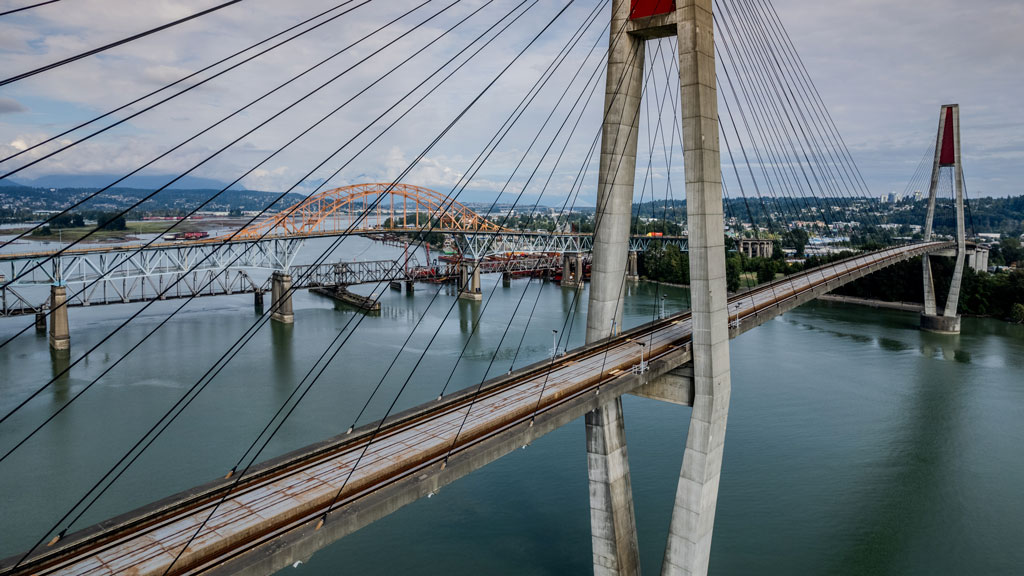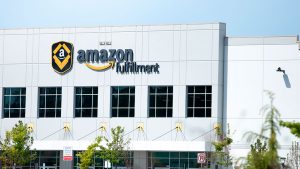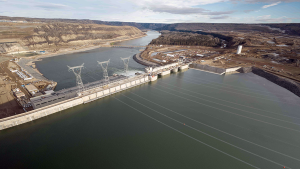The Association of Consulting Engineering Companies – British Columbia (ACEC-BC) is hosting the 2024 Transportation Conference, a two-day get-together that covers the direction and trends of B.C.’s transportation sector.
Smart Moves, the name and the theme of the conference, takes place on Feb. 14 and 15.
ACEC-BC is partnering with the BC Ministry of Transportation and Infrastructure (MOTI) and TransLink.
Day one is online, enabling members to participate from anywhere.
Speakers will discuss such subjects as shared micro-mobility, infrastructure systems, major B.C. transportation projects and Indigenous knowledge and wisdom.
All sessions will be hosted on a virtual events platform that enables content sharing.
Day two is an in-person event that takes place at the Fairmont Hotel Vancouver and features site tours, workshops, networking and the BC Transportation Consulting Engineers Awards.
Presented by MOTI, the awards recognize technical excellence in consulting engineering services that improve B.C.’s transportation infrastructure.
The six award categories are design and contract preparation – structures; alternate transportation; design and contract preparation – roads; construction management and supervision services; specialized engineering services; and transportation planning studies.
“The focus of Smart Moves is to shine a light on subjects that are about to be implemented in B.C.,” says Chris Thurburn-Huelin, chairman of the conference organizing committee.
Deb Chachra, professor of engineering at Olin College of Engineering in the U.S., is custom-creating a presentation based on her research.
“Her latest book, How Infrastructure Works: Inside the Systems That Shape Our World, looks at the systems that drive modern life,” says ACEC-BC president and CEO Caroline Andrewes. “Deb’s research is at the intersection of technology and culture. By inviting her to speak, we hope to help participants consider their role in creating safe, equitable and resilient infrastructure.”
Mirtha Gamiz, a TransLink planner, is on a panel about shared micromobility.
“Micromobility is any small human- or electric-powered transportation solution,” says Gamiz. “Think of bikes, e-bikes, scooters, e-scooters or any other small, lightweight vehicle that is being shared between multiple users.”
Gamiz says shared micromobility is available in some parts of Metro Vancouver.
“Active transportation infrastructure supports the operation of these services by increasing convenience and access,” she says. “Adequate parking space, especially at key locations, is important for accommodating these shared devices.”
MOTI’s Alireza Ahmadnia and Yavuz Kaya will discuss lessons learned from the 7.8 magnitude earthquake that struck southeast Turkey in February 2023.
Kaya visited the area affected by the earthquake in May 2023.
“MOTI owns and operates more than 2,500 highway bridges and some of them are in earthquake-prone zones,” says Kaya. “The need to use this infrastructure immediately after earthquakes is essential for rapid earthquake response and recovery efforts.
“Some of the important roads and highways in the earthquake-affected regions in Turkey were not in service due to severe damage.”
Ahmadnia says transportation plays an important role in post-earthquake response and recovery.
“The damage to some bridges during the Turkish earthquake highlights the importance of seismic upgrade, as well as the design and construction of the infrastructure to withstand seismic loading,” he says.
TransLink lead planner Holly Foxcroft will update the Burnaby Mountain Gondola project.
The gondola is a rapid transit extension that connects the SkyTrain network to Burnaby Mountain, where Simon Fraser University is located.
“The gondola would be a fast, frequent and reliable form of transit powered by electricity, contributing to provincial and regional objectives of decarbonizing transit,” says Foxcroft.
MOTI chief engineer Ian Pilkington will take part in a workshop on climate-resilient transportation infrastructure.
“We recognized climate change was going to affect our infrastructure,” says Pilkington. “It’s more cost-effective to design climate resiliency into a piece of infrastructure proactively instead of rebuilding a piece of infrastructure under emergency conditions after it has failed.”
Pilkington is also part of a workshop on the Fraser River Tunnel Project, which will replace the existing four-lane George Massey Tunnel with a new eight-lane tunnel that connects the City of Richmond with the City of Delta along Highway 99.
The presentation will introduce the project and the key features of an immersed tube tunnel.
Andrewes says the conference is the only event dedicated to connecting partners in transportation infrastructure in B.C.
“We’re creating opportunity for collaboration between consulting engineering companies, contractors and infrastructure owners,” says Andrewes. “Most of our members work in transportation as prime consultants or specialty subconsultants, which is why we see a broad cross-section of members participating in this event.”
This year will mark the 20th anniversary of the transportation conference, which started in 2004.











Recent Comments